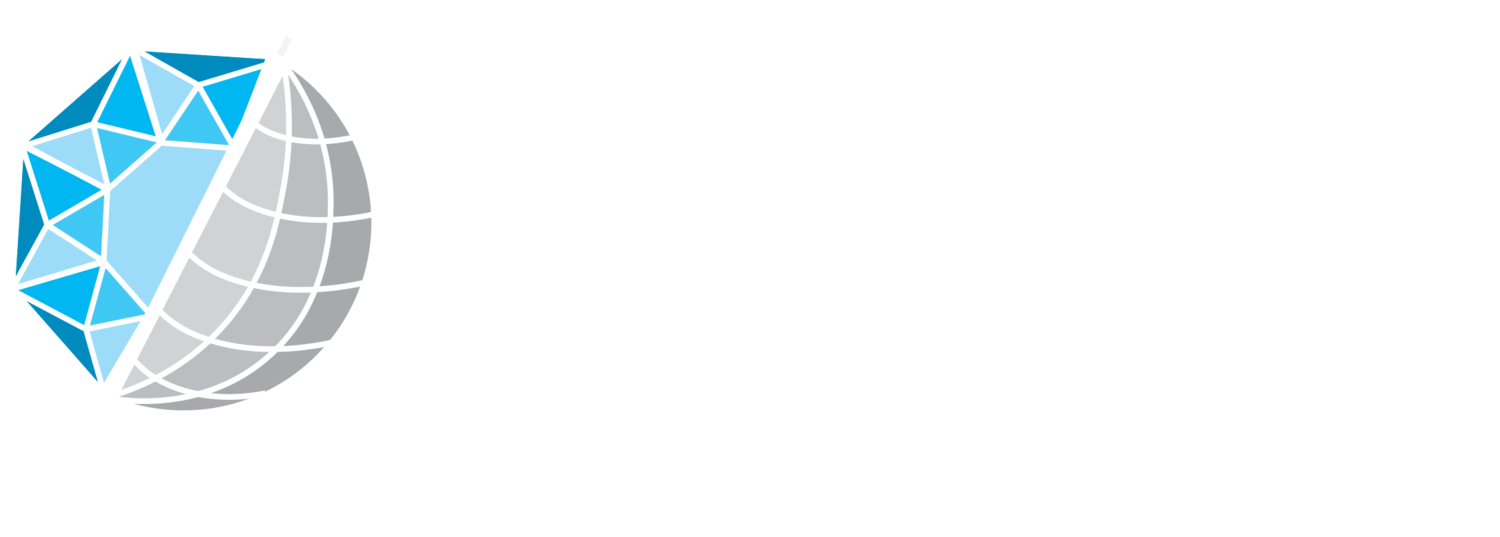
Additional Mentoring Tools and Learning Opportunities
As science professionals, we believe it is our responsibility to individually self-educate and improve our skillsets as mentors and to advocate for community-level change in training. Poor mentorship can be pathway-altering and career-ending for mentees. As part of this self-learning journey, we highly recommend reading through and reviewing:
NASEM’s The Science of Effective Mentorship in STEMM (Mentoring Tools, Mentorship Defined)
“Looking at Myself in the Future”: how mentoring shapes scientific identity for STEM students from underrepresented groups by Atkins et al. (2020)
Other tools we have not provided that are useful for mentoring relationships include:
Mentorship Statements: Example 1
Mentorship Self-Accountability Plans:
-What goals do you have for your own mentoring?
-How will you ensure your mentoring is equitable?
-How will you know if your mentorship goals are being met?
-What indicators/evidence will you use?Mentorship Assessment Surveys (see example below)
